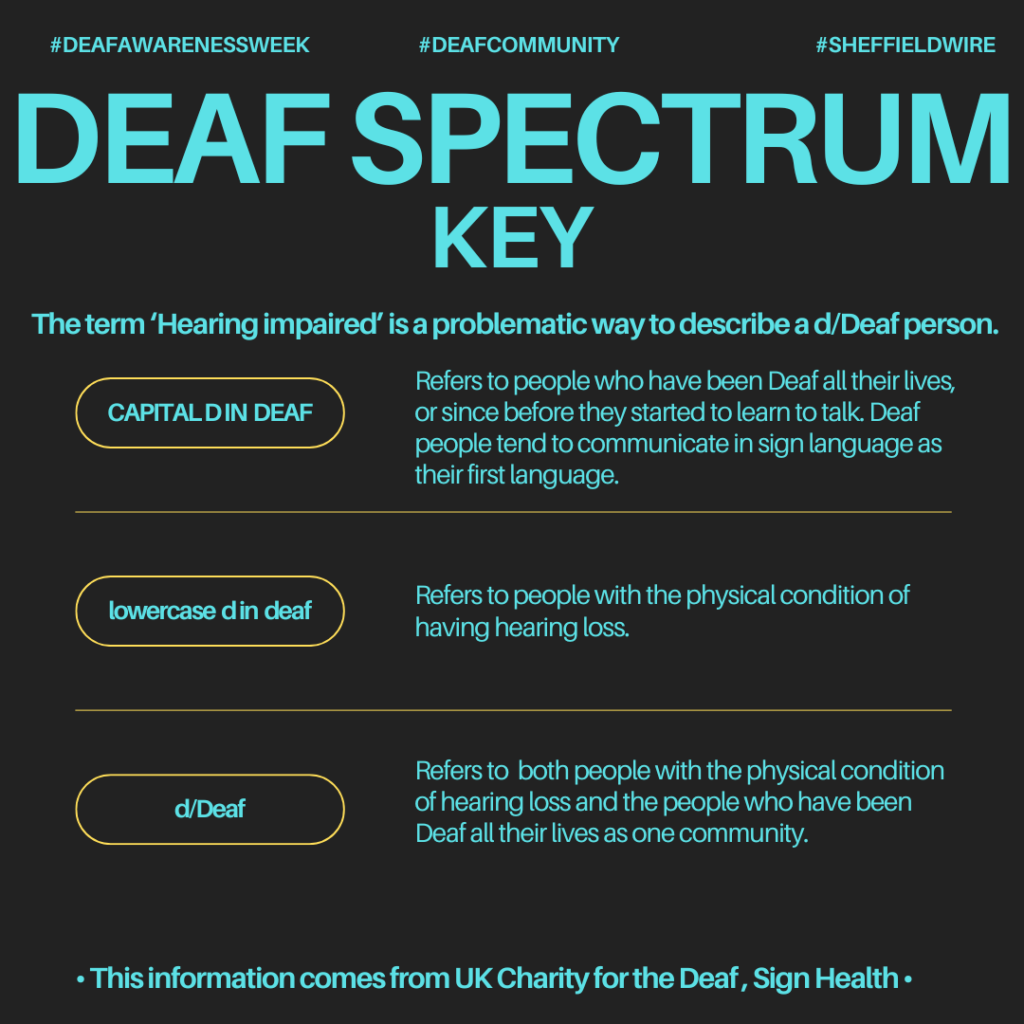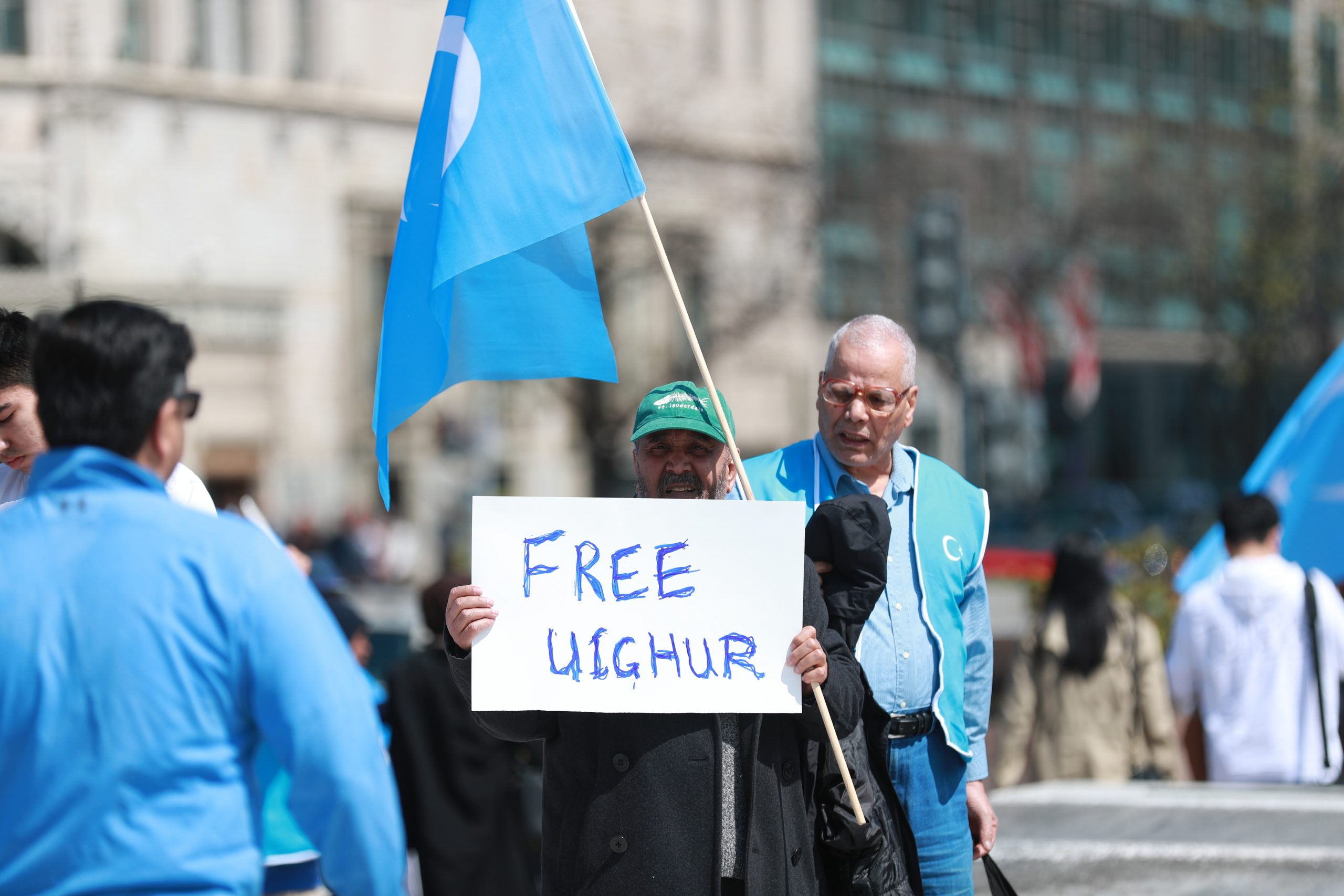Deafness is stereotypically associated with an older population, but there are more than 50,000 children and three people born each day in the UK with a form of hearing loss.
As part of Deaf Awareness Week, Sheffield Wire aims to highlight the barriers young deaf people face throughout their lives.
“We live in a communications era. If you can’t communicate very easily, you’re put at a disadvantage from the very beginning,” said Professor Kevin Munro, condemning tens of thousands of young people to remain unheard in a hearing world.

In schools, shrinking budgets for specialist support mean children with hearing loss achieve on average a grade lower in each subject those who aren’t deaf.
Scarce audiology appointments limit young people’s access to communications technology.
Those people who do receive cochlear implants are struggling more and more to identify with their d/Deafness, existing in an isolated state between hearing and their own communities.
There are unfair and avoidable differences between the mental health services available to deaf and hearing people.
The British government does not fund any athletes at the Deaflympics unlike other countries, reducing access to deaf sports.
These early disadvantages impact people as they transition into later life. Deaf people are twice as likely to be out of work, which contributed to them being 1.3x more likely to die with Covid regardless of their age.
Work is being done to help the deaf community, though. Religious groups have worked hard to unravel the barriers deaf worshippers face to help them connect with faith.
Theatres and musical education are working to tackle sign language deprivation and engage young people in culture. Work like this has helped develop arts like BSL poetry.
But for the most part, deafness is hidden. Until we raise our awareness of the gaps in accessibility that still exist, it will remain hidden.




